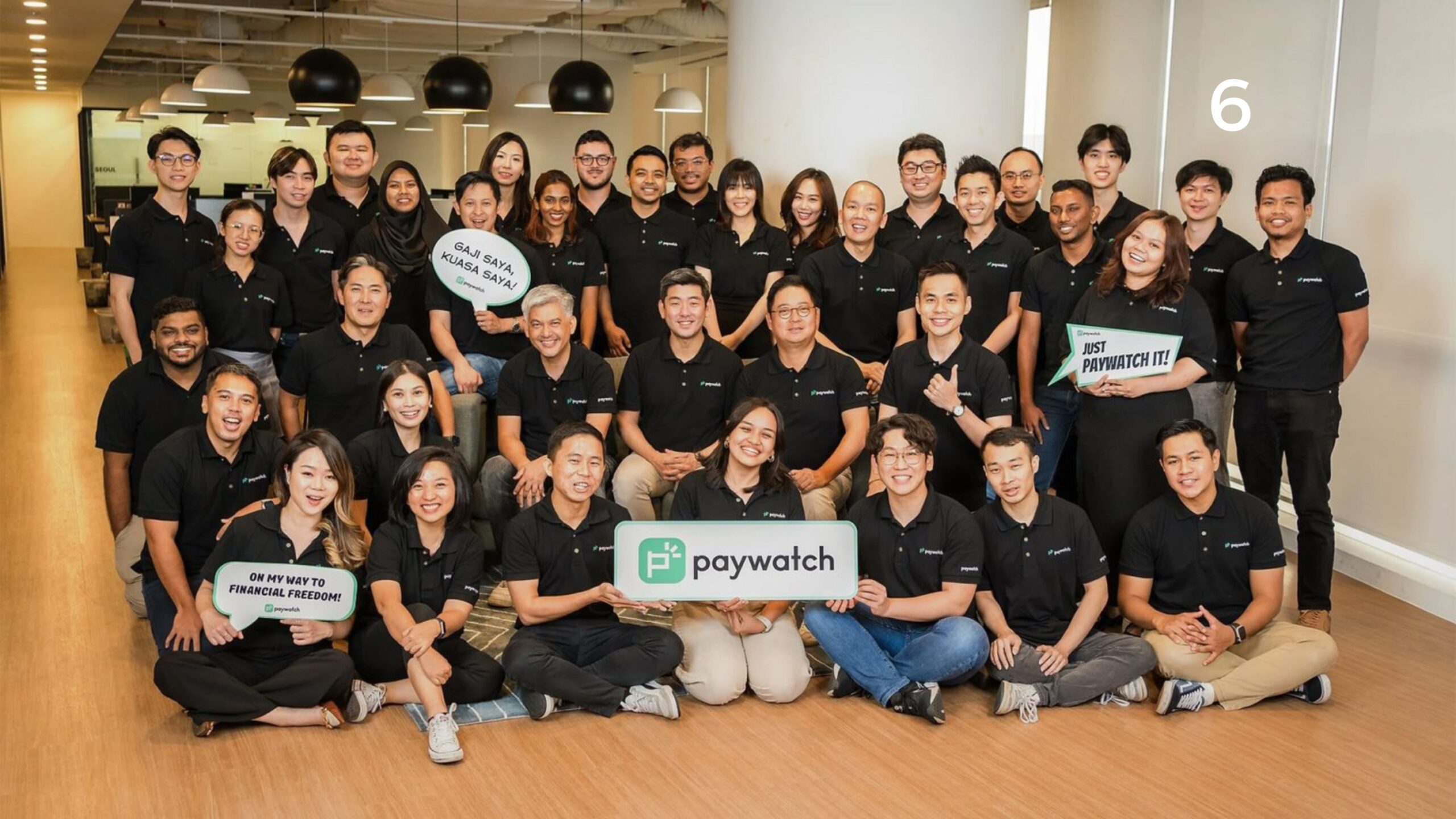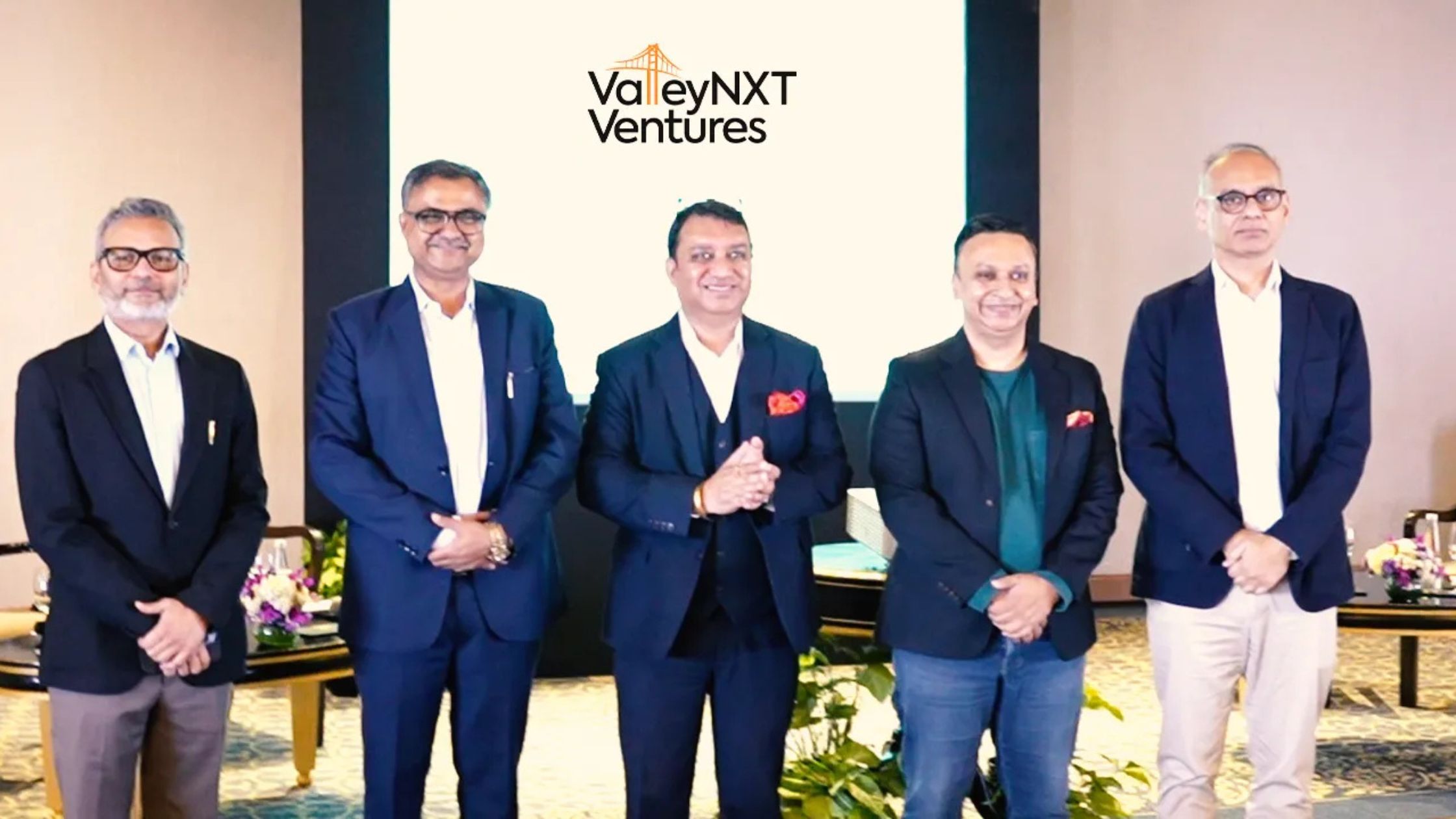AsiaTechDaily – Asia's Leading Tech and Startup Media Platform

Malaysia’s Paywatch Secures US$20M to Scale AI-Driven Financial Wellness Platform
Malaysia’s Paywatch raises US$20m from Kakao Pay and Artem Ventures to evolve from earned-wage access into an AI-native financial wellness stack across Southeast Asia.
Malaysia-based fintech Paywatch has closed a US$20 million Series A round co-led by Kakao Pay and Artem Ventures (via the FWD-backed TIM Ventures Fund), bringing its total capital raised to more than US$50 million when combined with earlier equity tranches and credit lines from global banks. The funding is earmarked to expand Paywatch’s earned wage access (EWA) business, accelerate its move into adjacent financial products — including micro-insurance, cross-border payments and employee rewards — and scale across Southeast Asia and nearby markets.
Founded in 2020, Paywatch is one of the region’s most visible EWA providers. Its service lets employees draw part of their earned pay in real time, reducing reliance on short-term credit and improving cash flow between paydays. The company says it has processed over US$200 million in EWA transactions and serves large enterprise clients including Genting Group, DFI Retail (Guardian), Shangri-La Hotels, CP Group (Lotus’s), Lotte Group, Wilmar and Hyundai across six markets: Malaysia, the Philippines, Indonesia, Singapore, Hong Kong and South Korea.
What Paywatch is building
Paywatch’s immediate goal is to evolve from a single-product EWA vendor into a NeoFi — a multi-product financial wellness platform embedded into employer payroll and HR systems. Planned product lines include:
- Micro-insurance and protection products for hourly and contract workers;
- Instant cross-border remittances and global payouts using proprietary rails;
- Fee-free bill payments, savings tools and employee rewards;
- AI-driven risk scoring and automation to underwrite services and manage fraud.
The company argues this suite will deliver measurable benefits for employers (reduced churn, higher productivity) and workers (faster access to safe finance, better financial outcomes). Paywatch also points to partnerships with international bodies — UNCDF and the ILO — to underline responsible delivery and design of EWA services.
Strategic value of the new investors
Kakao Pay brings a large-scale payments and wallet capability from South Korea, which Paywatch plans to leverage for product co-development in both Southeast Asia and Korea. Artem Ventures, with backing from FWD Group, signals an intent to deepen insurtech and protection offerings. Earlier backers such as Third Prime and institutional investors from the US (Vanderbilt and University of Illinois foundations) plus credit facilities from tier-one banks indicate both venture and banking support for Paywatch’s capital-light growth model.
Why this matters now
Three market trends make Paywatch’s timing reasonable:
- High payroll digitisation: More employers want to offer benefits that improve worker retention and productivity.
- Rising demand for embedded finance: Companies look to bundle payroll, benefits and payments into a single employer platform.
- Regulatory and institutional interest in responsible EWA: Partnerships with UNCDF/ILO show the model can align with labour protections and financial inclusion goals.
For firms operating large hourly workforces — retail, hospitality, logistics — EWA is proving to be a practical benefit that converts into measurable workplace improvements. Turning that access into a broader suite of tools could make Paywatch sticky with enterprise customers.
The big questions and risks
The road from payroll add-on to full financial platform has concrete hurdles:
- Revenue model and unit economics. EWA can carry thin fees; sustainable economics require cross-sell of higher-margin products (insurance, FX, rewards) and careful capital management for payout liquidity.
- Regulatory exposure. Cross-border payments, insurance distribution, and wage-access rules vary widely across APAC. Compliance costs and licensing timelines can slow rollout.
- Credit and operational risk. Scaling EWA requires funding rails and credit lines; macro shocks or higher default rates could strain margins.
- Competition. Global wallets, local banks and payroll platforms are increasingly entering the embedded finance space; partnerships (Kakao Pay, banks) help, but competition is still intense.
- Customer integration complexity. Enterprise deployments need tight integration with payroll, HRIS and ERP systems — a technical and sales challenge that can lengthen sales cycles.
These risks are not unique to Paywatch, but they are the areas where execution will determine whether the company becomes a platform or remains a niche vendor.
What success looks like
For Paywatch to justify the premium implied by the Series A, expect to see three measurable outcomes over the next 12–24 months:
- Higher revenue per client through successful cross-selling of insurance, payments and rewards;
- Improved unit economics by optimising payout liquidity and partner bank financing;
- Regulatory clearances and product launches in two or more new markets beyond its core footprint.
If Paywatch proves repeatable integration, maintains low default rates, and converts enterprise pilots into wide deployments, it could be well-placed as a regional NeoFi leader. Failure to do so would likely mean continued dependence on EWA-only economics and slower growth.
Conclusion
Paywatch’s US$20m round is both a validation of the firm’s EWA traction and a bet on its ability to broaden into a multi-product financial wellness platform. With Kakao Pay and Artem Ventures onboard, the company gains distribution and product capability that can accelerate regional expansion. The challenge now is disciplined execution: turning transaction volume into durable revenue streams while managing regulatory and funding risks. For AsiaTechDaily readers tracking fintech in the region, Paywatch is a useful case study in how employer-facing fintechs try to scale from a single feature — salary access — into broader, more valuable embedded finance platforms.
Quick takeaways
- Round: US$20m Series A co-led by Kakao Pay and Artem Ventures; total raised now >US$50m with credit lines.
- Core product: Earned Wage Access (EWA); processed >US$200m in transactions.
- Ambition: Evolve into a NeoFi platform — micro-insurance, cross-border payments, rewards, savings.
- Customers: Large enterprises in retail, hospitality, FMCG and telco across six markets.
- Key risks: unit economics, regulatory approvals, credit/funding risk and integration complexity.
- Watch: product launches for insurance and payments, Kakao Pay partnership outputs, and growth in revenue per customer.



